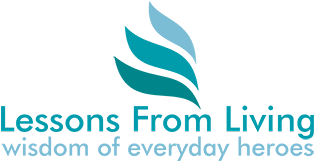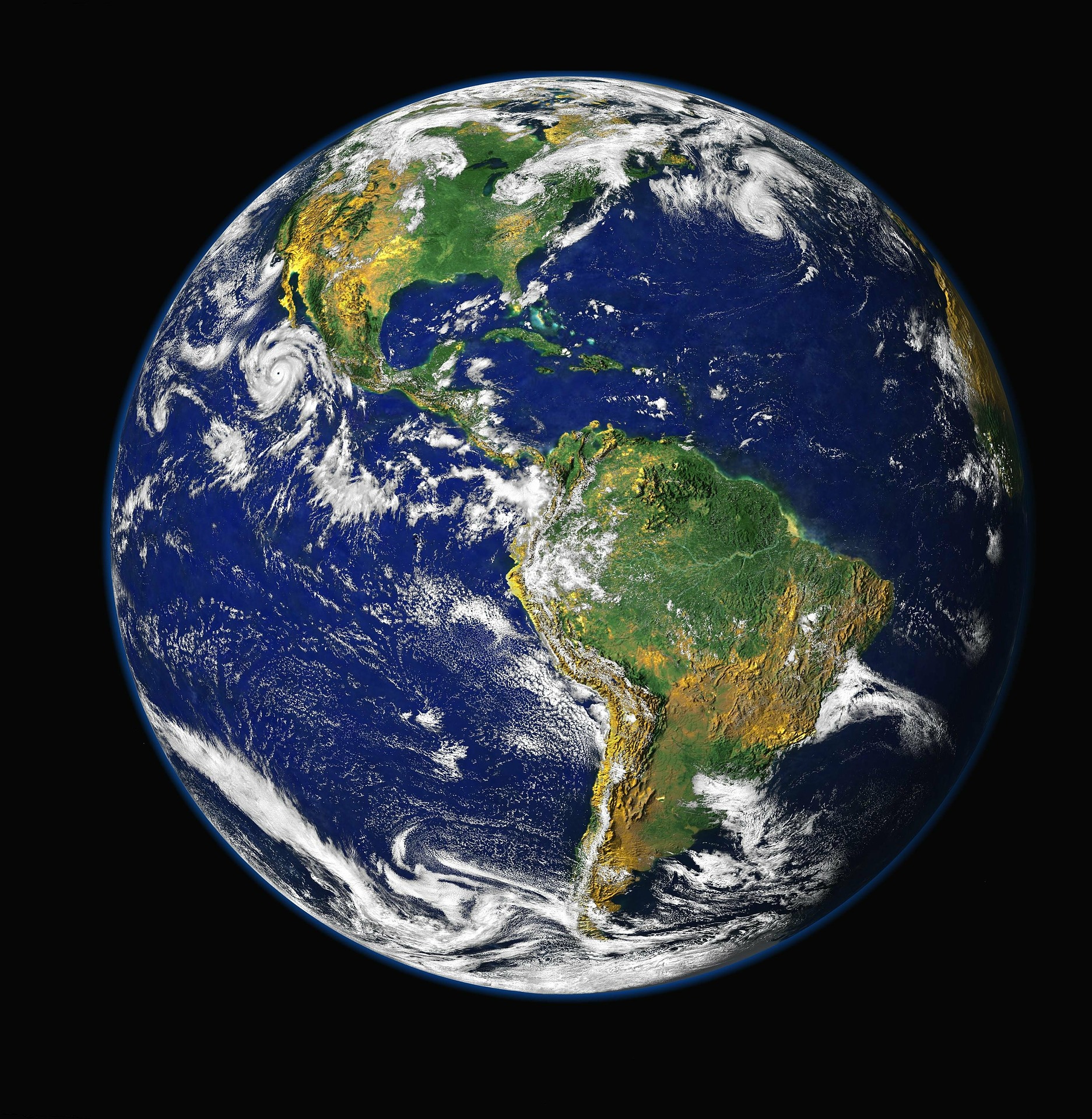In a recent conversation with my daughter, I postulated that there might be benefits to this virus, Covid-19. She nearly whispered, “I do not dare speak those words—but I think I agree.” I am going to speak those words, friends. And I preface the following by saying that I recognize that anything causing terrible infirmity and even death is not a good thing. Understand that this writer is a cancer survivor who can in my own life, in retrospect, see good from an unwanted, destructive disease. Such is the hand we are dealt. And like the death of winter yields to the growth and glory and gorgeous green of spring, we will overcome and realize goodness from this trial.
Change of pace. It nearly goes without saying that this disruption creates a change of pace. Remember how last summer, you said you were so grateful to have your kids home, and able to decide how you spend your hours? While our options are obviously fewer with this mandated, unexpected disruption, there is always something refreshing about a schedule being shaken up: can you sleep in later than usual? Are you able to read through your waiting book stack in (what was) driving time? Instead of being resentful of the interruption, we can embrace and maybe even enjoy the change of pace.
Learning to be still. Part of that forced change of pace will inevitably be the opportunity everyone loves to hate: that of being still. We can take this gift of time to experiment, and really investigate why we struggle with this concept. What a beautiful time of year to explore solitude and stillness: try sitting outside with your eyes closed, feeling spring’s warmth on your face and listening to the birds sing. My friend Kirsten Wines, recognizing that she now has time to do things she should have been doing before, said, “This space and time is redeeming and purposed.”
Noticing how we respond to stress. I’m sure, in the past couple of weeks, you have seen the very best and the very worst of people. Yesterday, I asked a Walmart employee how she was faring. She said “Better, since they’ve instituted a one-type-of-item-per-person policy.” She then went on to say how up until the time that policy was instituted, some people would load up multiple buggies of groceries, and others watching would become nearly violent. She said working in that environment was more than she could bear.
On the other hand, stories of selfless generosity are coming out, as well: one restaurant patron dropped by their favorite restaurant with $10,000 cash, to divide between the employees—just something to tide them over, until the quarantine is lifted. Bryan Morin, owner of New Jersey pizza parlor, Federico’s, took out a $50,000 loan to ensure he could meet payroll. “No matter what happens, they are going to continue to get paid,” he said of his 20 employees.
We cannot know how we will personally respond to the vise of a very real, stress-filled time such as we are experiencing now. Day to day, we rarely have the opportunity to experience such a challenge to the equilibrium of our existence. I think it’s good to see what comes out when we’re squeezed this way—if it’s ugly, we might be inspired to work on improving how we respond, and how we treat people around us.
Distilling life down to simple things. There are few times in modern history where our focus has become essentials: where do I find toilet paper? Where can I get food for my family? What kind of meal can I make with ingredients in my pantry? A reset of our focus forces us to take a different perspective on all manner of things; it challenges us to think differently. A friend said, “I am being reminded every day what matters most. Thanks be to God for hitting the reset button.”
Spending more time with our families. Those families with children are finding that some of their time must be dedicated to homeschooling. I have several friends who, upon taking the time to look into their children’s education, are finding it wanting. It’s not a bad thing that parents are having a firsthand, “nuts and bolts” interaction with their child’s education, even if unwanted. And it’s certainly not a bad thing that families are spending more time together: our neighborhood streets are quite busy this week with families enjoying a walk together. I see pictures of families crafting and building Legos. Our family has been pulling out the board games much more frequently. In our normal, rush-everywhere world, sometimes we don’t take a breath to just be with the people we love.
The earth breathes. While we’re taking our breath, the earth is breathing, as well. Journalist Nadja Popovich said, “As the new coronavirus shuts down countries around the world, the impact can be seen from space. A satellite that detects traces of human activity—tailpipe emissions from cars and trucks, fossil fuel burned in power plants and other industrial activities—shows striking reductions in pollution across China and Italy since the outbreak first started.”[1]
Journalist Julia Jacobo adds, “The coronavirus pandemic has had an unexpected side effect in Venice, where the normally cloudy canals have transformed into water crystal clear enough to see fish swimming below.”[2] While I recognize that these signs are also indicative of extreme economic woes, it is interesting to witness actual evidence of man’s impact on the environment, as well as the adept ability of our earth to quickly heal.
Learning to adapt. As many have sought to juggle the economic changes in their lives, it has been encouraging to see the ability of many to adapt. Clay Travis, known for his sports and political commentary, has had to take a dogleg turn toward another subject—his choice? Presenting accurate coronavirus facts, served up in a realistic and often positive manner. And though sports have been as elusive as toilet paper, Clay manages to keep us entertained. He recently Tweeted: “For your Sunday night sports entertainment, I’ll be taking on my 9-year-old in a best 2 out of 3 cornhole battle live.”
Learning dependence. You might have instinctively wanted to place an “in” before that word, “dependence.” There is no doubt about it: America is a nation of individualistic, independent people. But in a crisis like a pandemic, we are forced to become dependent: whether crying out to God, or asking a neighbor to leave a toilet paper roll on our doorstep, we learn to reach out to others. Hopefully, at the same time, we are actively seeking out those who might need to depend upon us—the elderly neighbor down the street, or a friend under quarantine. I have never seen a human character fail to improve when humbled by the absolute, unwanted need for dependence.
Longing for real connection. I have become convinced that we, as a people, had reached a point where we satisfactorily substituted social media as personal connection, and that everyone was just fine with that. A screen was an adequate alternative to two eyeballs. The enforced distancing of this pandemic has popped up some indicators that this is not the case. People are chafing at the “six-foot distance” rule. A friend on social media said, “I have never wanted a hug so badly in my life. I miss my people!” We were designed to be together, to hug each other, to be eyeball to eyeball. Many of us will probably never take those privileges for granted again.
We are in this together. It’s kind of mind-boggling that there are so few things that serve to bring us all together. Nashville recently endured terrible tornadic activity that left a 75-mile swath of destruction in its wake. While many Nashvillians responded to the crisis, the people most effected were obviously those who lost homes and businesses—the experience was uniquely their own. There are not many crises that impact all of a nation at once, much less all of a planet, but Covid-19 has accomplished this—we have all experienced some kind of loss due to this pandemic. While those who become ill, lose a loved one or their own lives obviously pay the highest cost, there is no one in this country who will continue untouched by this disease and the experience we have shared. Whether we, as a nation, and a world, can build on this commonality remains to be seen, but I rest in the hope of that possibility.
[1] Nadja Popovich, “Watch the Footprint of Coronavirus Spread Across Countries,” The New York Times, March 17, 2020, https://www.nytimes.com/interactive/2020/climate/coronavirus-pollution.html
[2] Julia Jacobo, “Venice Canals are Clear Enough to See Fish as Coronavirus Halts Tourism in the City,” ABC News, March 18, 2020, https://abcnews.go.com/International/venice-canals-clear-fish-coronavirus-halts-tourism-city/story?id=69662690



0 Comments